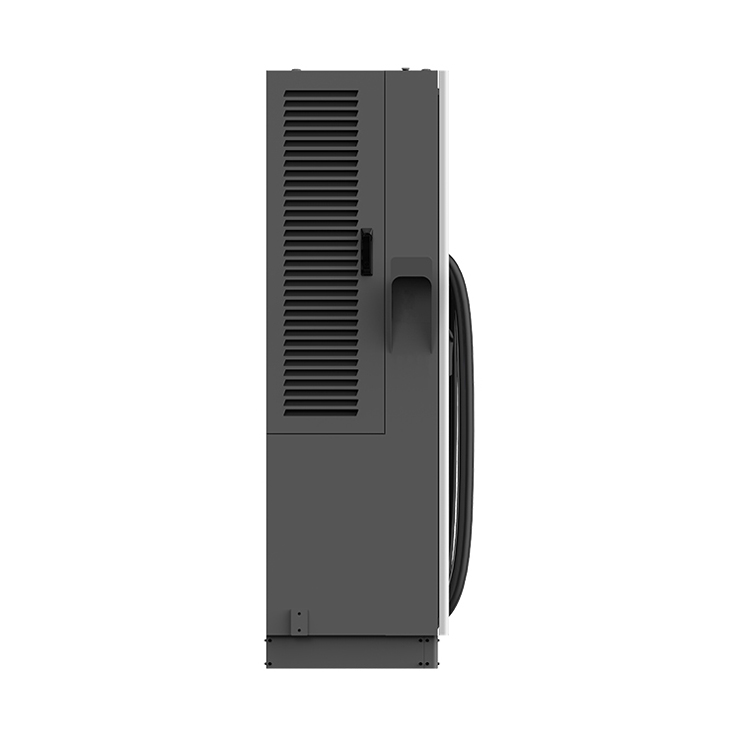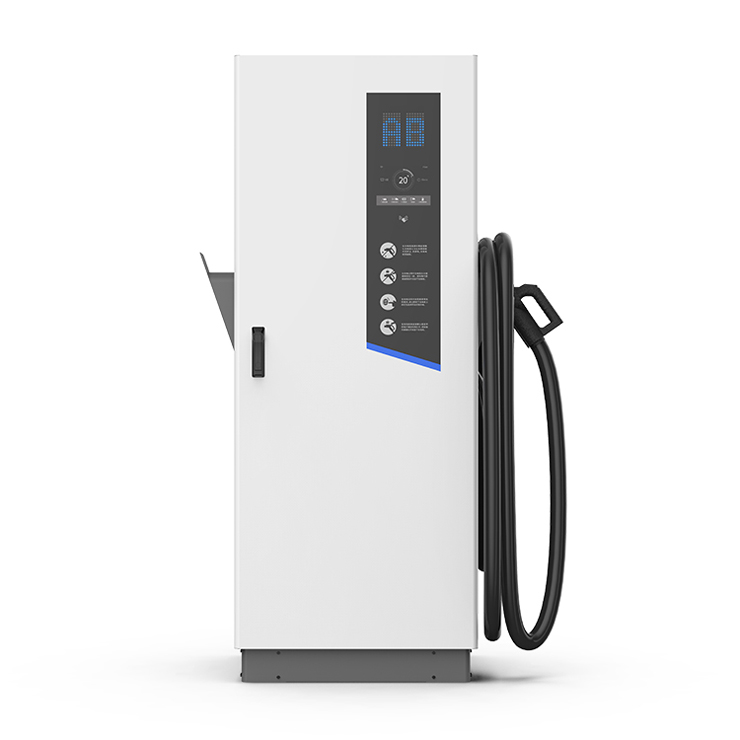
Products
Fast, Reliable, Everywhere

Solutions
Efficient, Innovative EV Charging Solutions.
News
We are committed to the innovation and application of EV charging.
Often referred to as a "fast charger," an electric fast charging stations is a specialized infrastructure created to swiftly recharge electric cars (EVs) by offering more power than typical home charging options. These charging stations are essential because they considerably reduce the time needed to recharge an electric vehicle's battery, making them more practical and convenient for longer trips. Fast charging stations use greater voltage and current levels to give a quicker charging rate. Fast charging stations can produce power ranging from 50 to 350 kilowatts or more, depending on the station's design and the electric car's capabilities, as opposed to typical home chargers, which may only give 3 to 7 kilowatts of power.
It's vital to remember that the charging speed also depends on the electric car's battery and charging system capabilities. Not all EVs can benefit from fast charging stations' fastest charging speeds. Furthermore, even while fast charging stations can offer speedy charging, frequent usage of high-power charging may affect the battery's overall lifespan due to the heat produced during fast charging, which can cause battery deterioration over time. Fast charging infrastructure is anticipated to expand in both availability and efficiency as electric car technology advances, further encouraging the use of electric vehicles for transportation.
A 240-kW electric vehicle (EV) fast-charging station represents a significant advancement in the EV charging infrastructure and has the potential to alter how EVs are utilized. This is why:

Convenience, affordability, and grid stability are just a few variables that may be affected by when electric cars are charged. The following factors should be taken into account when charging your electric vehicle (EV):

Charging your electric vehicle during non-peak times is often advised. Electricity consumption is often lower during off-peak hours, such as late at night or early in the morning. The load on the electric system may be balanced by charging during certain periods, which frequently results in lower power prices.
Depending on the time of day, certain utility providers offer different power prices based on usage time. Rates are higher during periods of strong demand and lower during periods of low demand. If you're on a TOU rate plan, charging your EV off-peak can save you money.
Modern electric vehicles (EVs) and charging stations frequently have smart charging features. You may programme these features to automatically start your charging sessions at off-peak times. Some intelligent charging systems can adjust charging based on variables like power prices, the time you want to leave, and the grid's condition.
Charging your EV at a time when power demand is at its highest might strain the electric system. In general, it's a good idea to refrain from charging in the early evening when home activities like heating and cooking increase the power demand.
You may extend the life of your battery by charging your EV at night or when there is less demand. Less heat can be produced while charging slowly during off-peak hours, which is good for battery health.
It's a good idea to think about charging at off-peak hours if you use public fast charging stations to prevent potential lines or congestion.
Your lifestyle and daily routine will determine how convenient it is to charge your EV. While some individuals might find it more convenient to charge overnight, others might find charging throughout the day more convenient.
Remember that your charging choices may be influenced by regional power pricing, utility regulations, and the accessibility of charging infrastructure. Additionally, the increasing use of renewable energy sources may impact when it is ecologically preferable to charge your electric vehicle, as doing so can lessen your carbon footprint. The best time to charge your electric car will ultimately rely on your preferences, power prices, the availability of charging stations, and your willingness to support sustainable and reliable grid operations.
The electric fast charging stations for EVs is the way of the future for electric vehicles. Long-distance travel will be made possible, and charging times will be greatly reduced. Additionally, this station will reduce carbon emissions and improve air quality while saving EV customers money on charging costs. It contributes to the early realization of carbon neutrality around the planet. PIWIN products have received approval from the CE, FCC, ROHS, LVD appearance patents, and other organizations. Products are provided for sale nationally and overseas, and renowned corporations here and abroad have selected them as strategic partners.
